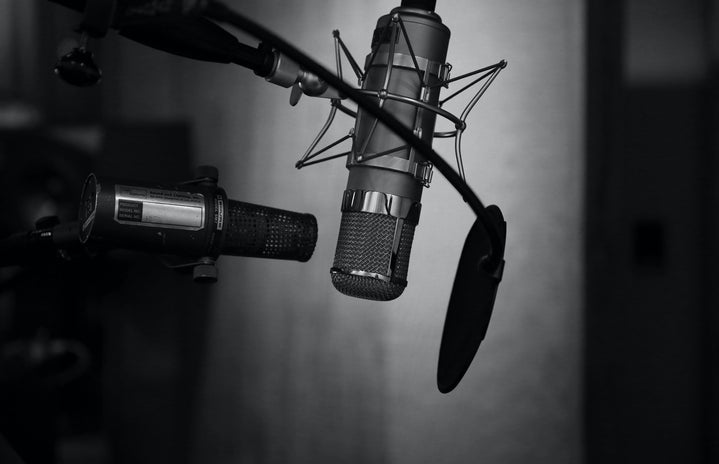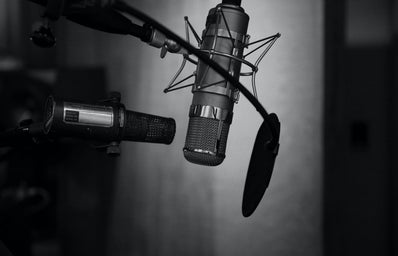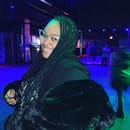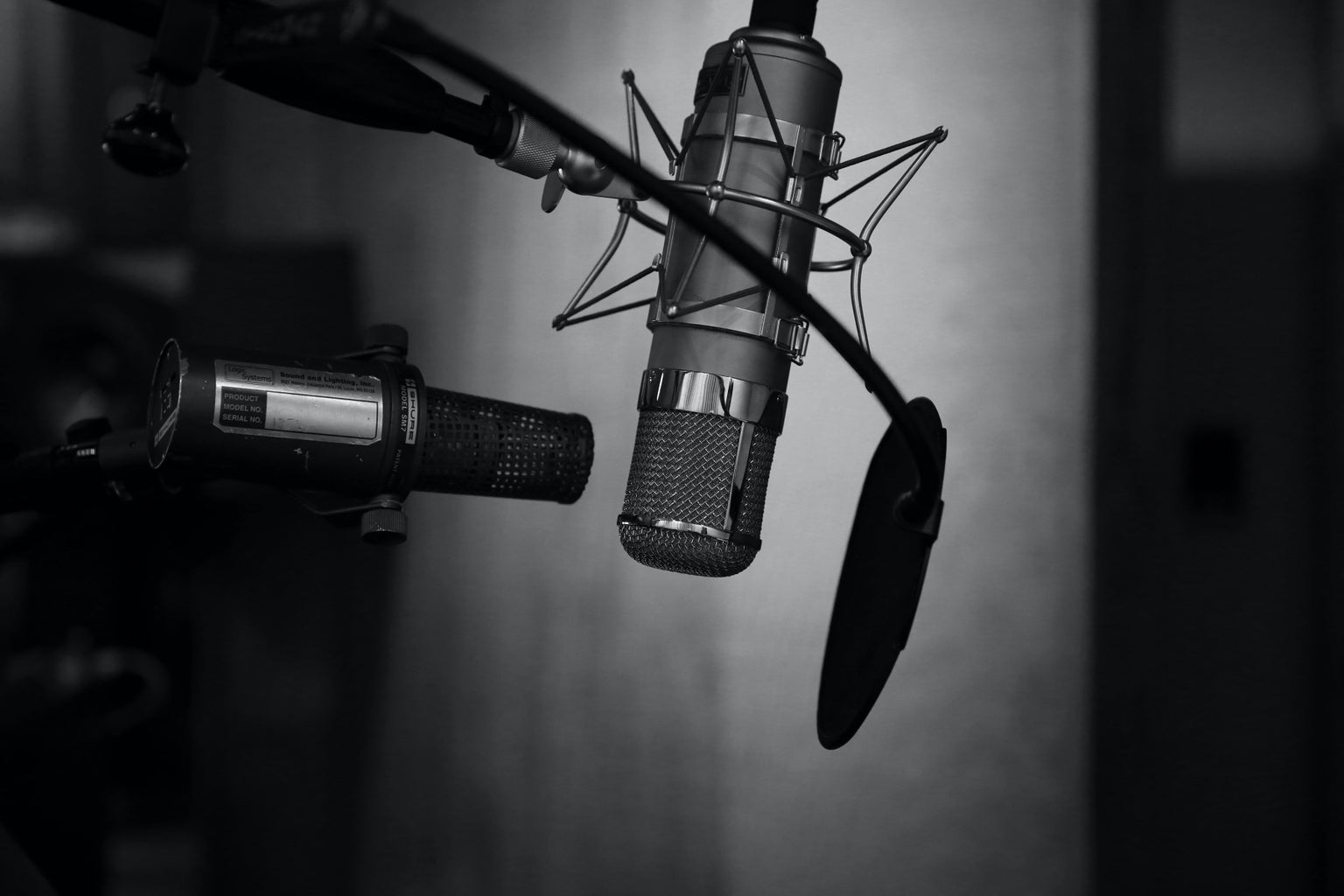Multiple Black media outlets and users on social media have seemingly made it their mission to dissect the likeability of Amanda Seales.
Seales, a comedian, commentator, activist and actor in the industry for almost 30 years, has used her platform to uplift Black people and our liberation for years.
She has an HBO special, a syndicated radio show, a podcast called “Small Doses with Amanda Seales,” and starred as Tiffany on Issa Rae’s “Insecure.” She also created a political comedy documentary, available on her Paetron, about Black civic engagement and is currently on a comedy tour.
But despite all the good she’s doing in the media and entertainment space to “edu-tain,” as she puts it, Seales was not invited to the NAACP Image Awards last month. She made a video calling that out and how she feels underappreciated in Black entertainment and media spaces.
She’s done several things to win an award, secure a nomination, or even be invited to the ceremony at the very least. Her podcast alone should’ve gotten her a nomination four times over.
To add insult to injury, many known abusers were in attendance at the last NAACP Image Awards, notably Jonathan Majors, who is coming off an assault trial.
Last week, Essence and the Grio, two major pillars in the Black media circle, allowed op-eds to be posted solely about Seales’ like-ability. The Grio’s Monique Judge went as far as to say that Seales’s complaints about lack of invitation weren’t based on merit but “her own hubris,” aka overconfidence.
As a young journalist, I have to say that I believe strongly in freedom of speech. All the critiques made had a right to be published as opinions because that’s what they are, opinions. But my primary concern is why was this Black woman’s likeability such a hot-button topic.
We have to do better with what we choose to present to our audiences.
It’s odd that in 2024 where we have an ongoing genocide happening, multiple Black actors being exposed for abusive and illegal behavior, an election upcoming, and a slew of other things this would be the issue to give the Black media inspiration to publish several op-eds and articles.
A few days ago, known trans journalist Daric Cottingham questioned Black media’s attendance in coverage of the bicoastal Diddy raids by Homeland Security. The critique was quickly responded to by Roland Martin, a Black media titan, essentially saying the Black media doesn’t have the resources, funding or infrastructure to support that kind of reporting.
While Martin’s response was deeply false and quite frankly offensive, they did seem to have all the time in the world to write about Seales.
To Essence’s credit, they have published about important socio-political events, including the Diddy raid, and so has the Grio but my chief point is there are more pressing things to write about and draw attention to.
Those op-eds have opened a can of worms to the tune of thousands of people retweeting and retweeting to pile on, harass, belittle and disrespect a fellow Black woman, an action that is the exact opposite of what these publications’ founding missions are.
Seales is not above critique, no one is, but harping whether or not people like her is elementary to the point of laughter.
Whether you like Seales or not is a personal choice, one that should quickly be unpacked since it’s likely to do with racism, misogynoir, or a flat disagreement with her politics, but it’s not worth the eyes and readership of the Black public nor their trust in us to deliver good journalism.
Alicia Mendez, journalist and author of “The Likeability Trap” said to NPR that the idea of likeability is a literal trap for women in the workplace, particularly women of color.
She said, “Likeability isn’t just who sits next to you at lunch. It’s also about who is seen as a person who is on a path to success. And so those trade-offs are very real.”
Seales is currently experiencing that trade-off and luckily for us, she’s accepted the side effects of being an educator and is willing to power through for the greater good.
At least I hope she does.
Likeability is subjective to its very core. If we’re at a place in our community where being liked is more important than doing the work, we are worse off than I ever imagined, and that’s terrifying.



